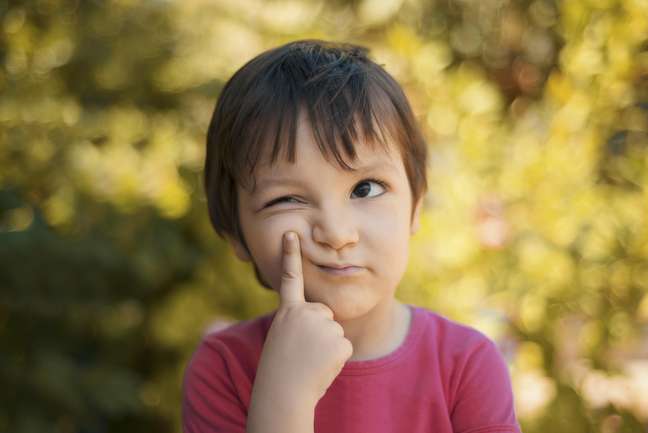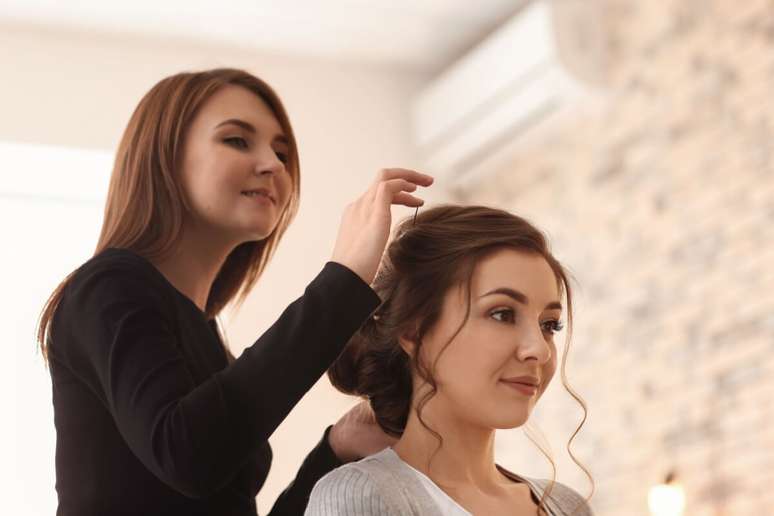Researchers conclude that toddlers get mixed messages about how to behave in relation to lies. Comprehend!
Explain to the child that it’s bad to lie, you look Pinocchio with her and always reminds her that lies have short legs… But then day by day comes and she realizes – and learns – that telling the truth is not always the choice of the parents and for others around you. Whether it’s for social reasons, to not hurt someone by saying what you think, or to avoid some kind of confusion, little lies here and there are told and even taught to the little ones, who are sometimes even scolded for a moment of “uncomfortable” sincerity🇧🇷

Sure, there’s a big difference between lying and just not saying everything that comes to mind (aside from how we say things, especially sensitive ones), but, for children, these differences may not be as clear-cut. The problem is, when sincerity is criticized or even punished, the situation breeds conflict in that little head, who starts to realize that she’s getting mixed and conflicting signals.

conflicting messages
A study published in Journal of Moral Educationin the UK, led by Laure Brimbal, of Texas State University, and Angela Crossman, of the John Jay College of Criminal Justice, pointed out that children who tend to be more sincere tend to be judged more harshly than those who soon learn to lie “please”🇧🇷
For the analysis, 24 actors between the ages of 6 and 15, boys and girls, were selected, who acted in different scenes for direct video. Subsequently, the images were shown to 267 adults (from a varied sample) who then had to answer a questionnaire as if they were the parents of those young people, judging the character of the child or adolescent and assessing reliability, cordiality, kindness, intelligence, among other criteria.
The results showed that those who were more sincere received a harsher and more critical judgement. those who played the role of “parents”, who were more likely to receive punishment for their behavior. Those who lied “out of courtesy” were rated more positively by adult participants and were more likely to receive rewards.
“Children learn that lying is wrong, but they develop the ability to tell lies from an early age,” say the researchers. “Our study illustrates how inconsistent adults are in their assessments and behavioral responses to children who lie or tell the truth. It’s not clear whether, in person, the behavior would be the same, but these contradictions of explicit and implicit messages about honesty and dishonesty are likely to act as socializing influences and shape children’s behavior“, conclude the scholars.
The scenario, therefore, is complex, and other future studies will be able to evaluate how much these contradictions influence the way individuals act, not only during childhood and adolescence, but also later, with effects in adult life.
🇧🇷The best content in your email for free. Choose your favorite Terra newsletter. Click here!
Source: Terra
Ben Stock is a lifestyle journalist and author at Gossipify. He writes about topics such as health, wellness, travel, food and home decor. He provides practical advice and inspiration to improve well-being, keeps readers up to date with latest lifestyle news and trends, known for his engaging writing style, in-depth analysis and unique perspectives.







